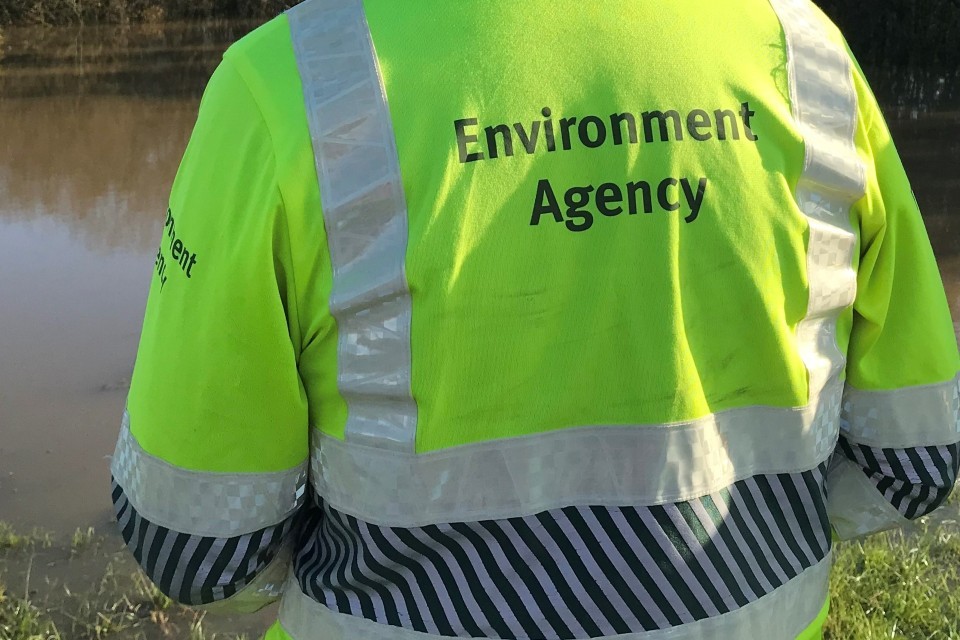In recent months, the Accelerated Capability Environment (ACE) worked closely with Cityforum to help organise its latest event, the 2025 Digital Policing Summit. Held at BT HQ in London on January 22, the event brought together policymakers, police leaders, government representatives, industry experts and academics.
Following the recent death of Cityforum founder Marc Lee, this was a poignant event that continued his vision of providing a platform for open discussions and collaborative problem-solving on some of the most pressing challenges facing policing today. From tackling complex societal issues to the challenge and opportunity of artificial intelligence (AI), the conversations were thought provoking and mission driven.
Annette Southgate, Head of ACE, joined a panel on sustainable implementation: from research to scalable delivery and mission impact at local, regional, and national levels, while Andy Loukes took to the stage with Stan Gilmour from ACE’s Vivace Community to share our learnings from the work that we have already done on the Safer Streets mission.
Andy’s presentation featured a compelling case study from ACE’s toolbox, which was well received by attendees.
Here are our four key takeaways from the event for delivering the Safer Streets mission:
1. Local innovation is crucial
One of the strongest themes was the importance of local innovation with speakers emphasising that relying on national solutions often slows progress. Local forces are driving change by quickly adopting new technologies and tailoring them to meet their needs, but this too causes challenges as localised technology procurement is neither sustainable nor secure by design.
ACE’s case study shared the need to encourage local innovation, start small and then scale fast, applying innovation to forces across the country.
There was much discussion of how the new National Centre of Policing will support and scale up this local innovation while allowing police forces to continue to deliver their local priorities – and a recurring theme was that:
“Operational independence is not the same thing as organisational independence”
2. Scalability: aligning the enablers
The challenge of how to embed systemic learning and scale capabilities from local successes into broader practice remains. Scaling solutions is a persistent challenge, not because innovation itself lacks scalability, but because the enablers – funding, infrastructure, standards, and decision-making structures – are often disconnected and siloed.
One speaker summarised the issue well:
“The safer streets challenge is how to get enablers at the strategic level coordinated, acting at speed, and with the right level of bureaucracy.”
And we should be better at sharing our knowledge of success. It’s often unclear who is innovating, where, and how effective those efforts are. Some forces adopt new technologies quickly and lead the way, but others lag behind, often due to limited visibility into what works. A common question raised was:
“If we know something works, why aren’t we telling everyone about it?”
Clearer knowledge-sharing mechanisms and centralised platforms are essential to track progress, evaluate outcomes, maximise the impact of innovation, and allow for the coordination of investment in common enablers.
Greater collaboration and accountability structures can address this critical bottleneck – from a shared lexicon to standards that go beyond rigid technical specifications to include principles and flexible frameworks that adapt to various contexts.
3. Artificial intelligence: a balanced approach
AI was a key topic of discussion, with panelists debating its potential to enhance productivity and fill gaps in resource-constrained areas such as policing. AI can automate administrative tasks and free up officers for frontline duties, but public trust and careful implementation remain critical concerns.
The consensus was clear:
“AI shouldn’t replace people – it should empower them.”
The goal of applying AI isn’t zero crime but mitigating and preventing incidents while maintaining public confidence. AI must be implemented thoughtfully as a tool to complement human expertise rather than replace it.
4. Broadening the mission beyond policing
A particularly compelling point was the recognition that safer streets aren’t just a policing challenge. Achieving this goal requires collaboration across sectors, including education, probation, community services, and even the private sector.
Policing alone cannot address systemic issues such as serious violence or crime prevention. A coordinated, cross-departmental approach is essential to drive meaningful change. This shift in mindset could transform how resources are allocated and how partnerships are forged across sectors.
What’s ahead?
The Cityforum policing event reinforced the need for collaboration, alignment, and strategic approaches to innovation. From local-level successes to national strategies, the sector holds immense potential to drive change – but this requires breaking down silos and ensuring all enablers work in harmony.
At the heart of these discussions is a clear message: success lies in collaboration, knowledge sharing, and empowering innovation at every level.
ACE looks forward to contributing to these conversations and supporting initiatives that make a tangible difference for communities and policing teams alike. ACE is well placed to support forces with mission-driven innovation, in cross sector projects, to join up, de-risk and innovate, identifying and developing enablers to support the police in the future.
A huge thanks to the Cityforum team for another outstanding event! We look forward to the next one.











